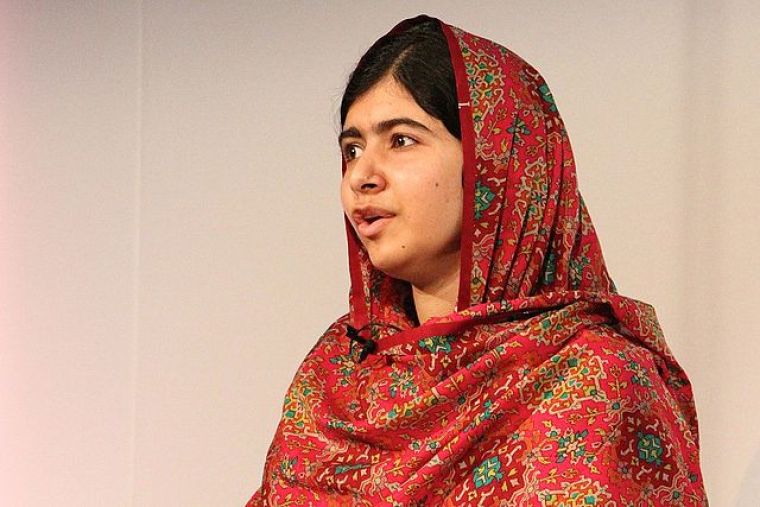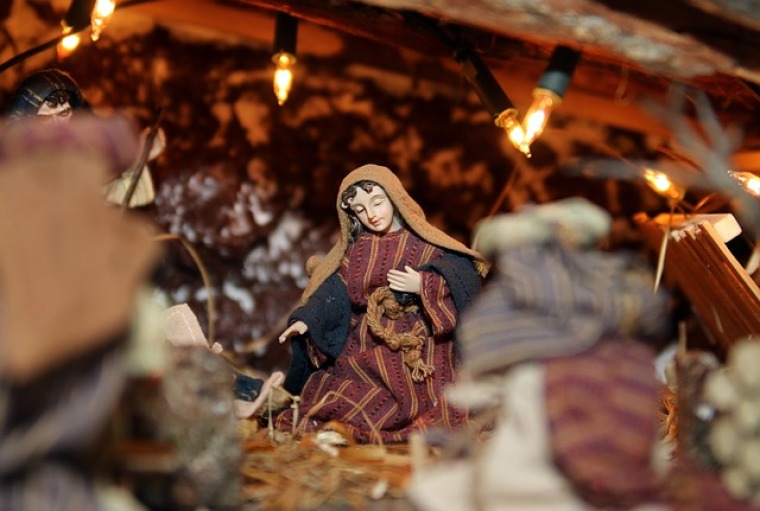

After the Taliban overtook her Pakistani home in Swat valley, Malala Yousafzai was shot by a Taliban bullet—she required treatment in a Birmingham hospital in the U.K. because the injury was so severe. However, it was clear that the 17-year-old education activist has fully recovered as she walked to the stage in Oslo City Hall on Wednesday, the anniversary of prize founder Alfred Nobel's death in 1896.
Ms Yousafzai was jointly awarded the Nobel Peace Prize with Kailash Satyarthi, a longtime Indian child rights campaigner, in October. On Wednesday, both received their awards before a standing ovation, while King Harald V and the rest of the Norwegian royal family were also in attendance. The leaders of both Pakistan and India were absent.
In her acceptance speech, Ms Yousafzai thanked her friends and loved ones, paying particular attention to her father who, she explained, allowed her to "fly". However, the teenager also turned her attention toward bigger issues, as well as the "66 million girls" and "forgotten children" who she said shared the Peace Prize with her.
Ms Yousafzai asked why supposed "strong" countries are so willing to engage in conflict while peace is not embraced. She also highlighted the importance of further education reform, explaining that she commenced her campaign work because she had a "wish from the beginning to see children going to school", and called for the end of early child marriages and child labour. Ms Yousafzai announced that she will donate the funds from the prize to her charity, the Malala Fund.
Wednesday's ceremony is the latest in a series of milestones for the Pakistani teenager, who is the youngest person to ever receive the Nobel Peace Prize. After she continued her education in Birmingham following her recovery, Ms Yousafzai spoke at the United Nations, met Barack Obama and published her memoirs.